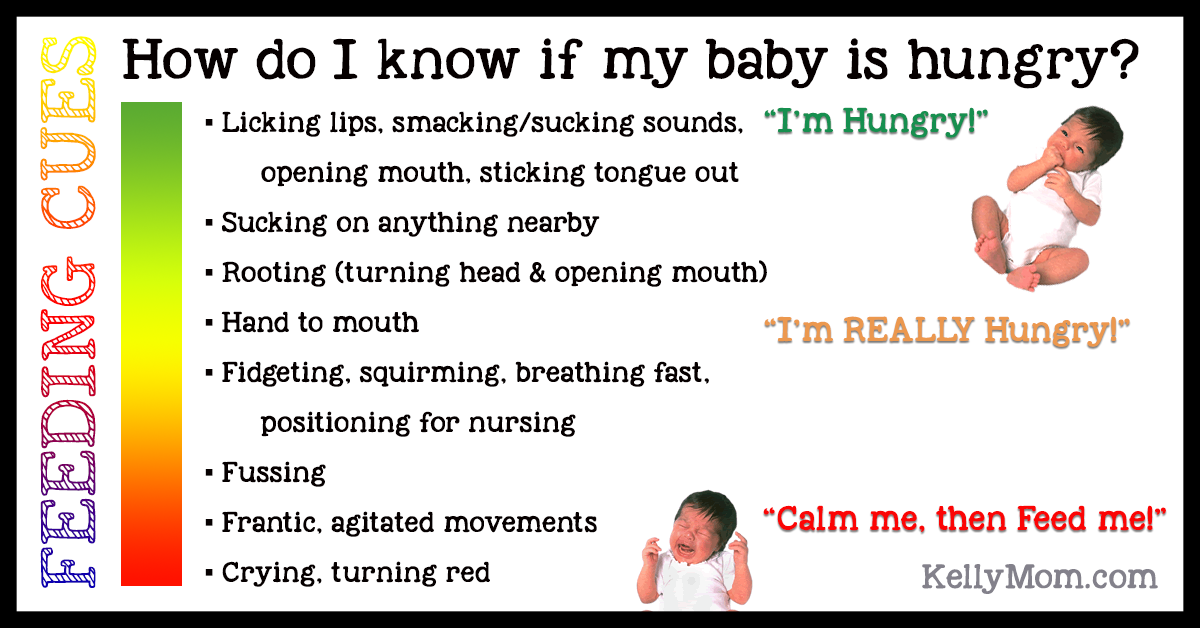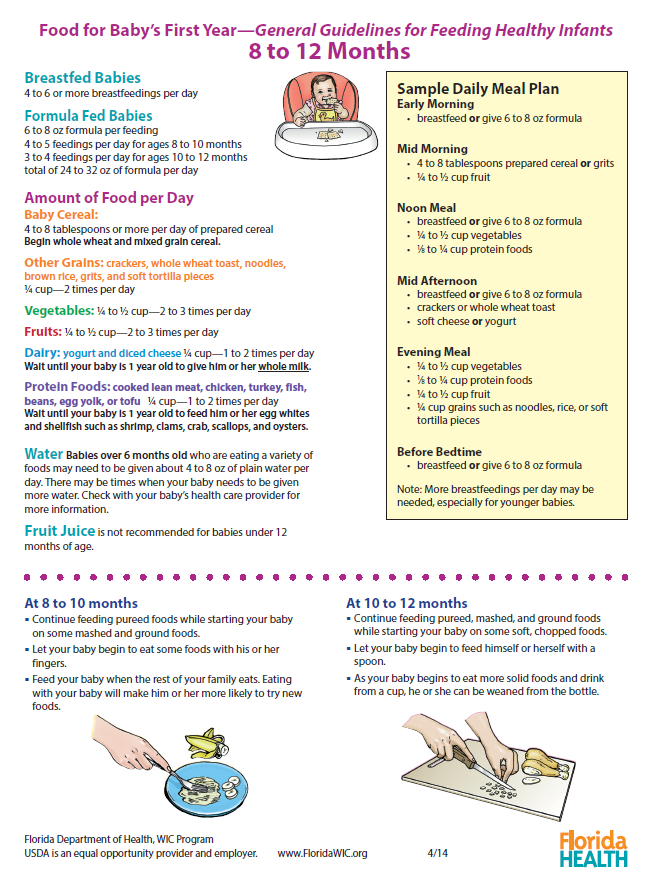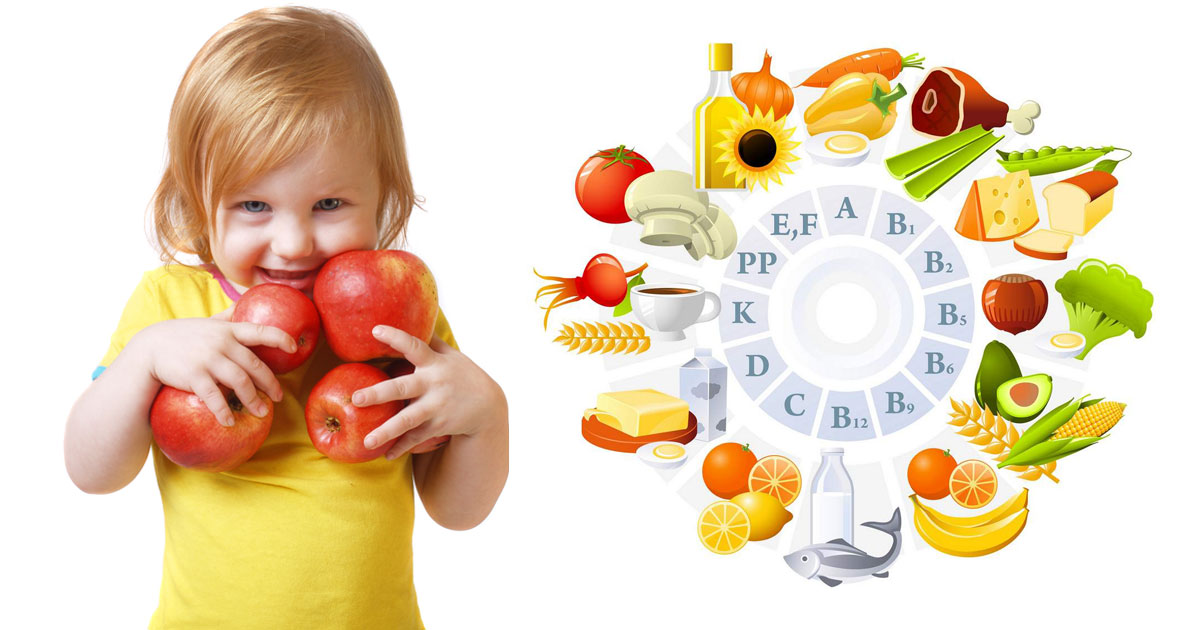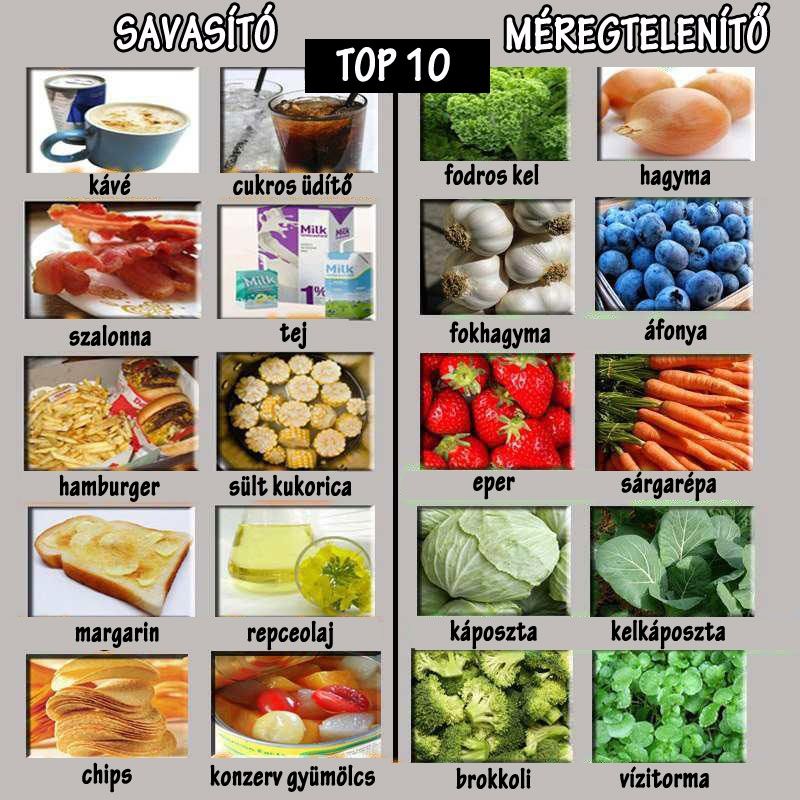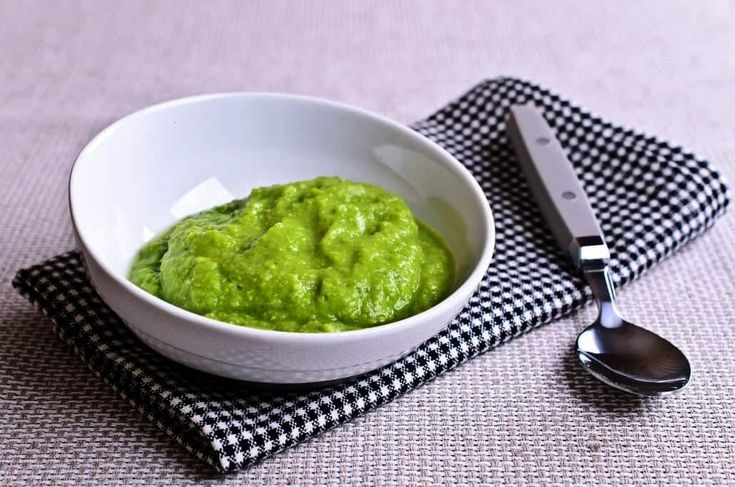Foods not to eat when breastfeeding a baby with reflux
Everything you Need to Know About Reflux in your Baby
How to deal with acid reflux in your baby:
Going through the stage of reflux or ‘GER’ (Gastroesophageal reflux), with your baby can be exhausting and stressful for both mum and baby. Even the tiniest bit of spit up can cause quite a large mess and requires both patience and knowledge about reflux for this developmental stage to go smoothly and with as few hiccups as possible.
Figuring out whether your baby’s reflux is normal or not can be a daunting task for any new mum or dad. Here’s your ultimate baby reflux survival guide, where we cover all the need to know basics about normal reflux and not-so-normal reflux in your baby.
Things to know about reflux before starting to worry:
- Reflux in babies is common:
Reflux can occur several times during the day for babies. It is common for reflux to occur after feeds, but can also happen 1 – 2 hours after feeding time.
Reflux is typically most prevalent during the baby’s first month. - Your baby will outgrow reflux.
It is very likely for your baby to have grown out of reflux completely by 12 months of age. - What are the different types of reflux?
- ‘Gastroesophageal reflux’ (GER)
- ‘Gastroesophageal reflux disease’ (GERD)
- Silent Reflux
The majority of infants spit up frequently, and this activity is known as ‘reflux’ or ‘gastroesophageal reflux’ (GER). Normal reflux is a common result of the contents of your little one’s tummy washing back into the food pipe. This is caused by the muscle in the lower end of their food pipe not contracting properly. Usually, this muscle, the ‘lower oesophageal sphincter’, relaxes to let food in and contracts to keep food.
Usually, reflux is not something to spend nights without sleep about and tends to resolve itself by 12 months. Normal reflux is common amongst infants and babies, and those who experience this type of reflux are referred to as ‘happy spitters’, even though it might not seem like they are all too happy about it at the time.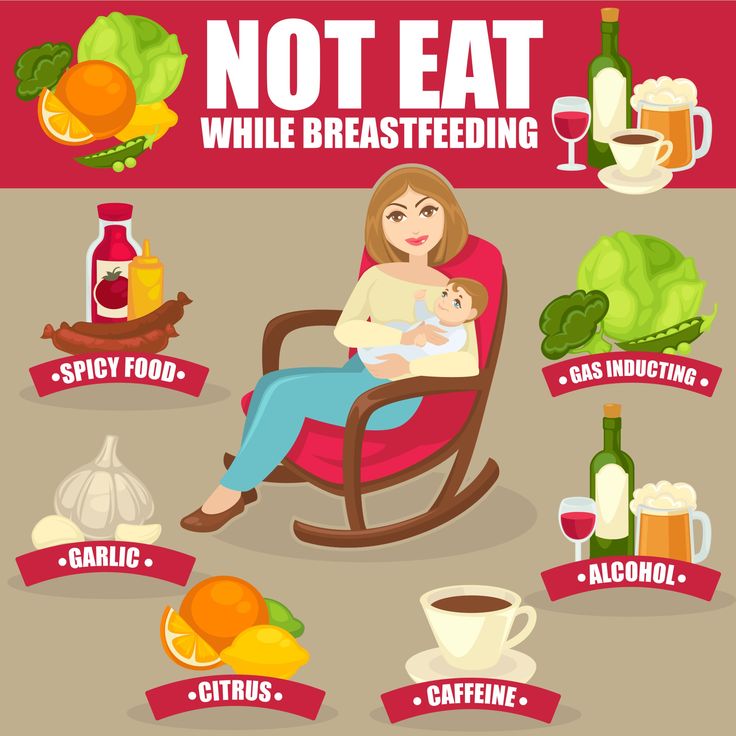 Infants with reflux can experience vomiting, irritability, prolonged feeding and sometime back-arching. However, there shouldn’t be anything to worry about if your baby still experiences normal weight gain, normal respiratory symptoms, easy feeding and no neurobehavioral symptoms. Even though there are a few tips to avoid reflux in your baby, there are certain factors that make GER inevitable or hard to avoid. These risk factors usually include large-volume feedings, a short food pipe of babies or the amount of time they spend lying down.
Infants with reflux can experience vomiting, irritability, prolonged feeding and sometime back-arching. However, there shouldn’t be anything to worry about if your baby still experiences normal weight gain, normal respiratory symptoms, easy feeding and no neurobehavioral symptoms. Even though there are a few tips to avoid reflux in your baby, there are certain factors that make GER inevitable or hard to avoid. These risk factors usually include large-volume feedings, a short food pipe of babies or the amount of time they spend lying down.
Why is your baby experiencing reflux?
Because your baby’s diet is mostly liquids, it is much easier for the contents of their stomachs to come back up the oesophagus. Up until 3 – 6 months, the length of your baby’s oesophagus is still relatively short, and his stomach is small. So, with regular feeds, milk is often regurgitated back up. As your baby grows, their oesophagus lengthens, and the stomach capacity increases and the reflux resolves.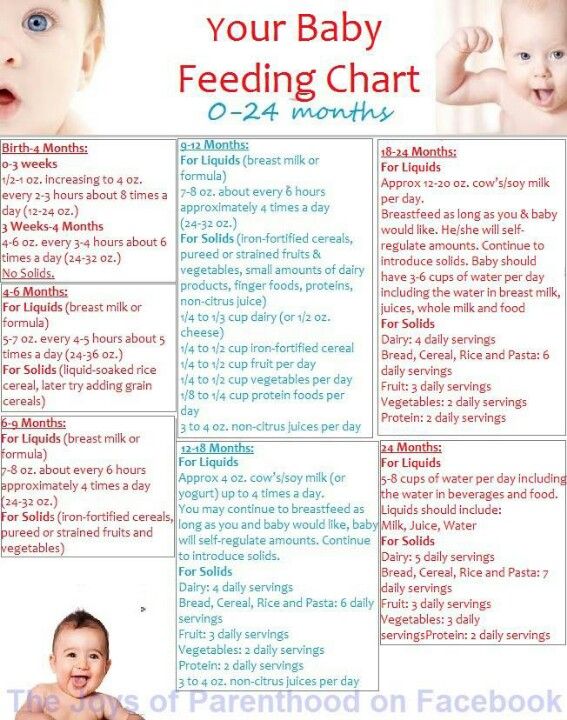 Because their oesophagus is much shorter in the first year, their stomach fluids and ‘spit-up’, need not travel far to make a mess. Other factors that can lead to reflux may include your baby drinking too much milk or drinking too quickly. Babies swallowing air while breastfeeding also contributes to your baby having reflux. It is also important to realise that your baby’s stomach is still extremely tiny, so they may not be able to have so much milk without some of it coming back up. When they’re newborn, their stomach will only be about the size of a hazelnut. Premmie babies have even smaller stomachs. New born premmie babies sometimes have a stomach smaller than a marble.
Because their oesophagus is much shorter in the first year, their stomach fluids and ‘spit-up’, need not travel far to make a mess. Other factors that can lead to reflux may include your baby drinking too much milk or drinking too quickly. Babies swallowing air while breastfeeding also contributes to your baby having reflux. It is also important to realise that your baby’s stomach is still extremely tiny, so they may not be able to have so much milk without some of it coming back up. When they’re newborn, their stomach will only be about the size of a hazelnut. Premmie babies have even smaller stomachs. New born premmie babies sometimes have a stomach smaller than a marble.
Generally, reflux merely requires you to become more efficient in cleaning spit-up on various occasions until your baby matures. To make the task easier and avoid as many spit-ups’ as possible, there are a few things you can try that might help out if your baby’s reflux is mild.
How to prevent mild reflux?
Here are six tips to avoid mild reflux:
Tip one to prevent mild reflux: Hold your baby in an upright position when feeding.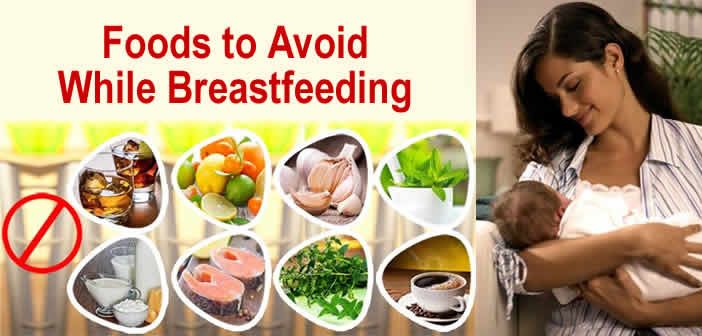 Continue to hold your baby upright for 20 – 30 minutes after feeding time.
Continue to hold your baby upright for 20 – 30 minutes after feeding time.
Tip two to prevent mild reflux: When possible, try feeding your baby in smaller, but more frequent sessions. This limits the amount of air that is swallowed while breastfeeding and helps stop your baby from overfeeding. According to the research we’ve done, this is a tip mums can implement when breastfeeding
Tip three to prevent mild reflux: If you are breastfeeding, try and modify your diet slightly. Certain foods such as caffeine, chocolate, and garlic – can promote reflux. Consider cutting these things out of your diet if you are breastfeeding your infant. Some of these foods can leave traces in your breastmilk and have a negative impact on the severity of your baby’s reflux.
Tip four to prevent mild reflux: Frequently burp your baby for a few minutes during feeds. If your baby is bottle fed, ensure that the bottle is small enough and the hole in the bottle teat does not allow too much milk through.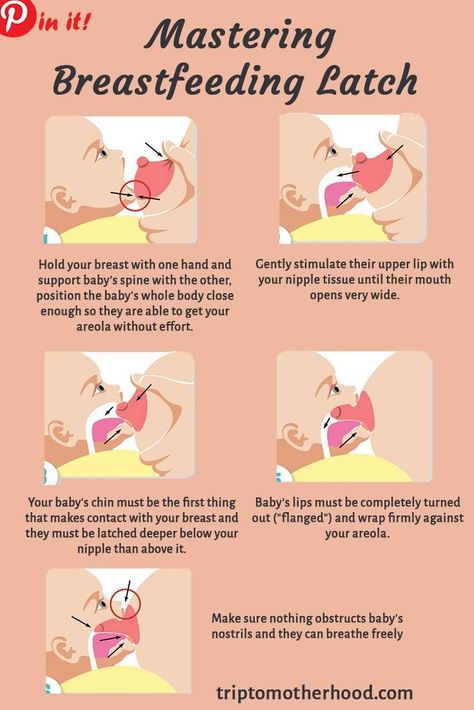
Tip five to prevent mild reflux: Dressing your baby in loose clothing with their nappy fastened loosely around her tummy.
Tip six to prevent mild reflux: Handling your baby gently and trying to refrain from jiggling him/her, especially after feeds.
Download 5 dairy free recipes for breastfeeding mums. READ MORE
What about preventing more severe reflux?
Even though your baby might not be suffering from GERD, reflux can still get pretty severe in any normal, healthy baby. Need help handling those hectic hiccups? Your doctor might advise you to consider some of the following:
Tip to prevent more severe reflux: Cut out cow’s milk.
Babies who suffer from dairy intolerance or cow’s milk allergy, experience extremely similar symptoms than those of GERD. Cutting out cow’s milk could decrease some of the severe symptoms that your baby may be experiencing and would relieve the stress of assuming it is GERD. Also, try to avoid dairy products if you are breastfeeding, to avoid any traces of it in your breastmilk.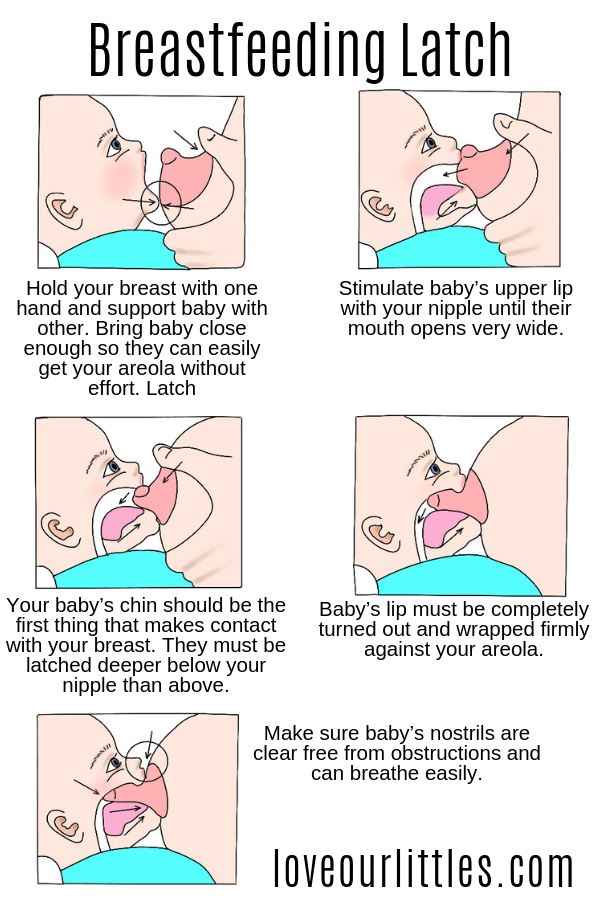 If you are feeding your baby with formula, ask your doctor for a hypoallergenic formula for a couple of weeks to see if it helps.
If you are feeding your baby with formula, ask your doctor for a hypoallergenic formula for a couple of weeks to see if it helps.
What is infant antacid?
Antacid is used to neutralise the acid in your baby’s stomach. The antacid decreases the discomfort and pain when your baby brings up. Alternatively, it could also be added to cooled down, boiled water, mixed in with formula or added to expressed breastmilk. It’s important, however, that you check with your GP about what the best way forward is for your baby.
Your doctor will refer you to a paediatrician if your baby’s reflux looks troublesome or is leaning more towards symptoms of GERD.
What is Gastroesophageal Reflux Disease?
There is a chance for reflux to develop into or be the cause of ‘Gastroesophageal Reflux Disease’, GERD for short. This condition can have more serious symptoms and require medical advice from your paediatrician. Keep an eye out for symptoms that may suggest your baby has GERD.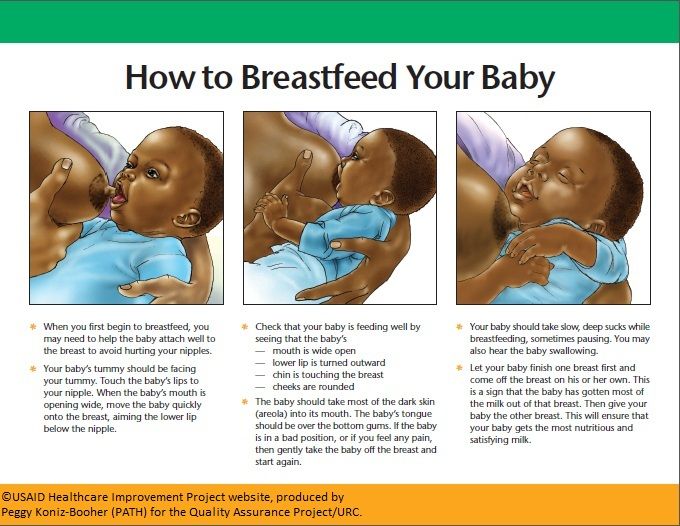
Symptoms of GERD include:
- very poor weight gain
- discomfort after eating
- frequent vomiting
- blood in spit-up or the spit-up is green or yellow
- stomach pain, chest pain and other abdominal pains
- long-term coughing, wheezing or hoarseness
If you are worried about your baby, the severity of the reflux and whether it is GER or GERD, it might be helpful to document your baby’s behavior. Track when and for how long your baby feeds, how frequently and how much they bring-up and the level of discomfort they experience. All this information can be helpful when visiting the paediatrician when you are unsure. If your baby is suffering from GERD, it is important to consult your nearest doctor or paediatrician to establish the best way forward for you and your baby.
Practical Tips for Mums whose Babies are Experiencing Reflux:
Even if the reflux your baby is experiencing is nothing to worry about, it can still feel like an all-consuming task.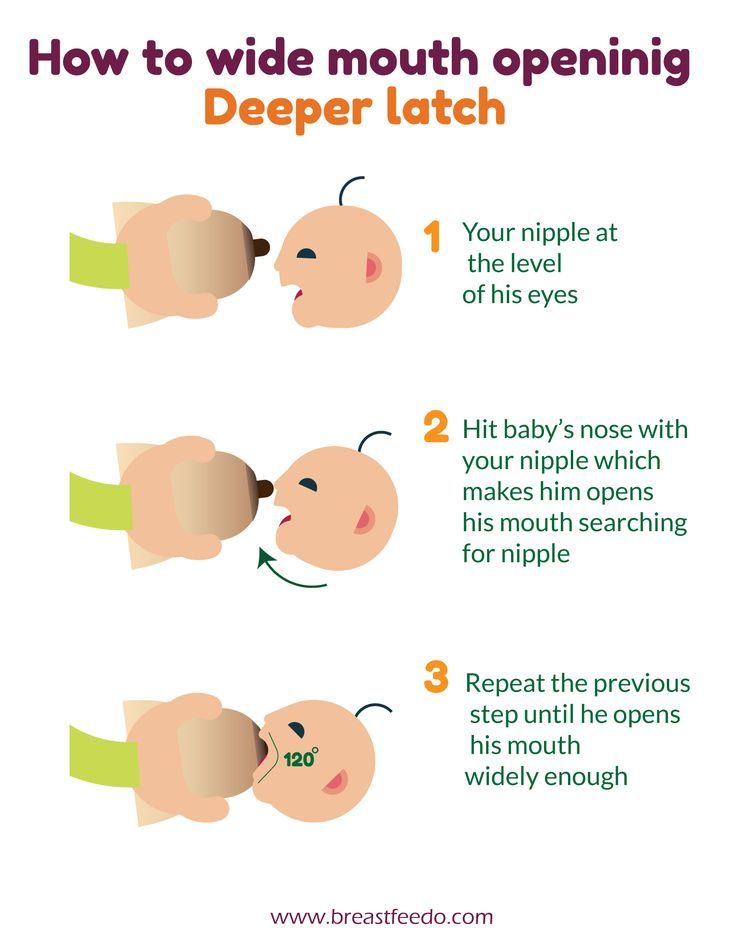 Although you might have tried all the spit-up prevention tips, hacks and remedies, it’s still inevitable that you are going to experience the mess and suddenness of your baby’s reflux. You might not be able to stop it – but you prepare yourself for when the next one hits.
Although you might have tried all the spit-up prevention tips, hacks and remedies, it’s still inevitable that you are going to experience the mess and suddenness of your baby’s reflux. You might not be able to stop it – but you prepare yourself for when the next one hits.
Here are 4 tips for mums with reflux babies:
Tip one for mums with reflux babies: Pack in some spare clothes for you and your baby.
It always helps to carry around some back-ups in case of an emergency. Keep an outfit change for you both as well as extra plastic bags to keep the dirty clothes in until you can wash it.
Tip two for mums with reflux babies: Dress your baby in onesies or vests.
If they are prone to frequent spit-ups on a particular day, these are easier to manage. They are easy to wash and quick to remove when dirty. When changing a onesie, it is also easier to pull the dirty onesie down over the baby’s legs, instead of getting spit up over the baby’s body and hair.
Tip three for mums with reflux babies: Wear plenty of white.
Whites won’t show milk stains as harshly and are a clever way to prevent spit-up from standing out like a red flag.
Tip four for mums with reflux babies: Use cloths and BabyLove Wipes
Cloths and wipes are your new best friend. Cover your shoulder, baby-seat and anything else in spit-up range with a cloth to make cleaning up as easy as it can be. If you happen to mess, use BabyLove Wipes to wipe the surface effortlessly.
What is silent reflux?
Silent reflux refers to the pressure of stomach fluids building, but only travelling as far as the oesophagus. In simpler terms, this means that instead of spitting up, it’s swallowed back down. This causes extreme discomfort for your baby and results in painful pressure without throwing up. Silent reflux can be hard to become aware of immediately, as there is little spit-up. However, some common symptoms of babies who suffer from silent reflux are; Choking, gagging, frequent hiccupping or burping and bad breath.
To clear the air about reflux in babies:
There are many myths and stories about reflux and GERD that do the rounds with new mums.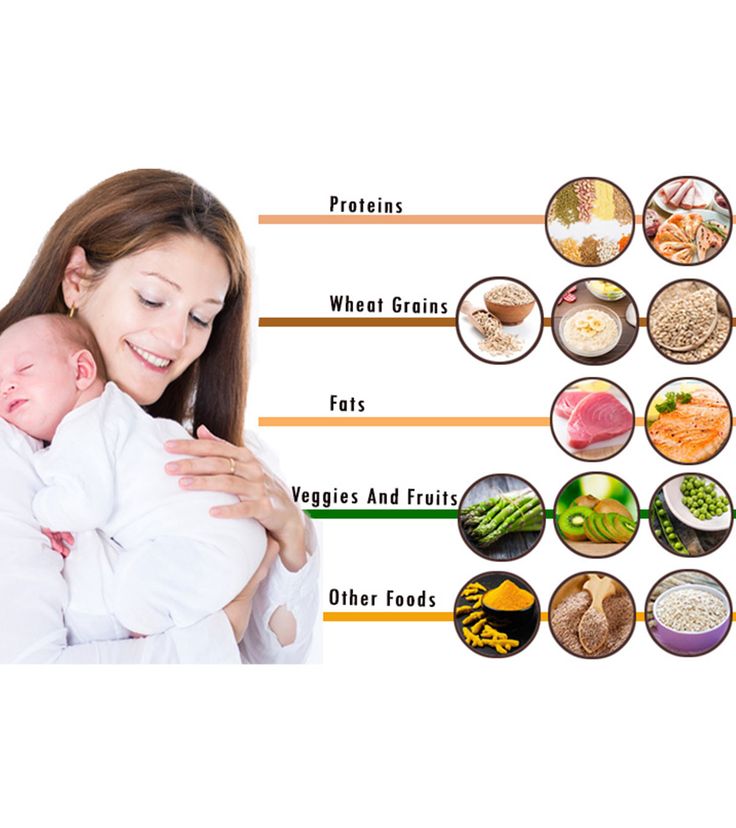 Every baby reacts to stimulii uniquely and experiences different symptoms or variations in severity of reflux. Some people say that only babies who are breastfed can get reflux. However, reflux has little to do with the way or the substance that you feed your baby, but is caused by the lack of contraction in their oesophagus valve. That being said, reflux can occur either while breastfeeding your baby or when using formula. Reflux simply refers to the content of your baby’s stomach travelling back up the throat.
Every baby reacts to stimulii uniquely and experiences different symptoms or variations in severity of reflux. Some people say that only babies who are breastfed can get reflux. However, reflux has little to do with the way or the substance that you feed your baby, but is caused by the lack of contraction in their oesophagus valve. That being said, reflux can occur either while breastfeeding your baby or when using formula. Reflux simply refers to the content of your baby’s stomach travelling back up the throat.
The most important thing to keep in mind is that most of these things are normal and part of the glamour of being a new mum or dad. If your baby does suffer from GERD, keep in mind that your doctor or paediatrician have remedies and treatments to soothe your baby’s symptoms and ease discomfort.
To clear the air about reflux in babies:
https://www.medicalnewstoday.com/articles/315590.php
https://kellymom.com/hot-topics/reflux/
https://www.webmd.com/parenting/baby/infants-children#1
https://kellymom.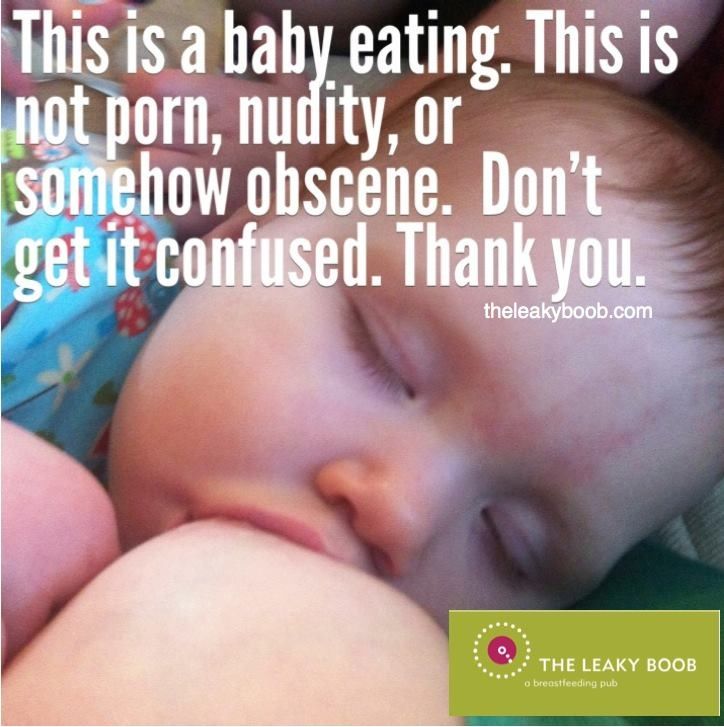 com/hot-topics/reflux/
com/hot-topics/reflux/
https://www.babycentre.co.uk/a567208/reflux
https://www.verywell.com/preventing-infant-reflux-1742625
https://www.bellybelly.com.au/baby/
https://www.livingandloving.co.za/baby-blog/cope-babys-acid-reflux
https://www.livingandloving.co.za/baby-blog/baby-health/understanding-reflux
https://www.livingandloving.co.za/baby-blog/5-things-you-should-know-about-caring-for-a-baby-with-acid-reflux
What Foods to Avoid When Breastfeeding Baby with Reflux
Sharing is caring!
- Share
Is your breastfed baby suffering from acid reflux? It can be so stressful to see your baby go through this, even though it is a common problem with newborns. If your baby is having acid reflux, there are lots of things you can do to improve their condition such as changing feeding position, burping after feeding and being aware of food to avoid when breastfeeding.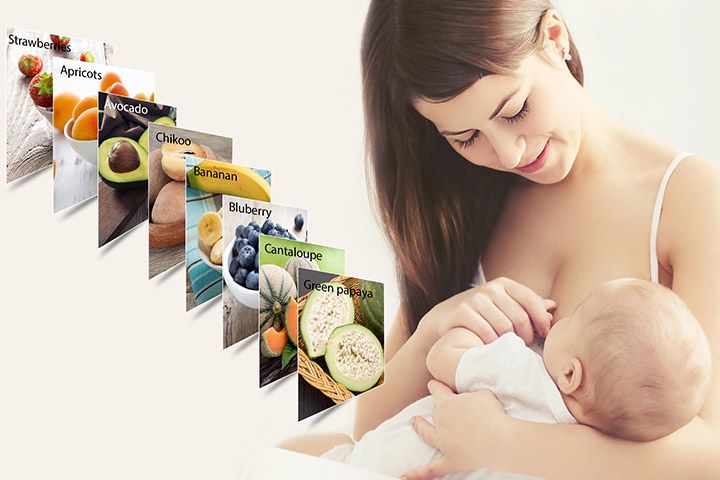
Acid reflux usually happens when the acid in the stomach moves back into the esophagus or the food pipe, resulting in the irritation of the lining of the food pipe and heartburn. But many new moms do not realize that if you are nursing it can also be a problem for your baby. The good thing is it is not as dangerous as it sounds.
If your baby has reflux after nursing, you may need to consider eliminating the food or drink that you consumed within a few hours or so before nursing.
Keeping a food journal of everything you eat and drink with the date and time you consumed it can be very helpful for pin pointing the foods that may be triggering your newborn’s reflux.
Remember what you eat or drink, will affect your baby. So, a well-balanced breastfeeding diet is important for your health as well as your baby’s health.
In most cases, there is no need to medicate your baby for reflux. Diet changes will provide great results for your baby and you. After all, it is very disturbing to see your baby in distress. By removing acid foods, foods that trigger reflux, and overeating you will see the desired results quickly.
After all, it is very disturbing to see your baby in distress. By removing acid foods, foods that trigger reflux, and overeating you will see the desired results quickly.
Make sure to pin this post for later!
{Disclosure: This post contains affiliate or referral links. Read more about that here.}
List of Foods to Eliminate to help control your baby’s reflux
There are some foods that commonly can cause acid reflux for breastfed babies. It can be hard to “give up” some of these foods so it’s important to focus on what you can eat while breastfeeding, just as much as the foods to avoid.
While many of these foods are good for you normally, while breastfeeding it can be helpful to eliminate these foods to aid in relieving your baby’s acid reflux.
The advice included in this article is meant for informational purposes only. Please consult your care provider before making any decisions regarding your pregnancy.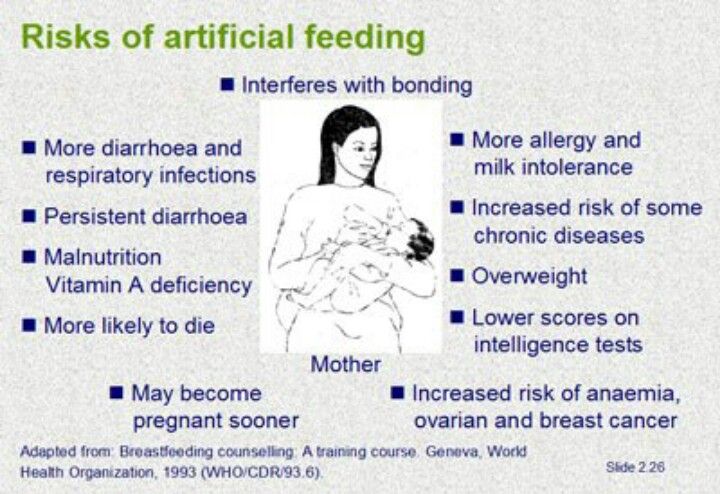
Tomatoes
Tomatoes contain citric acid, malic acid and trace amounts of oxalic acid. People who have acid reflux triggered by these acids may well have acid reflux from eating tomatoes, their by-products, such as pizza or ketchup, or drinking tomato juice. That’s a lot of acid!
Tomatoes may not cause you to have reflux, but it may be the culprit that is causing your baby to spit up after nursing.
Coffee, Tea, and Carbonated Beverages
These drinks are all caffeinated and should be avoided while nursing a baby that has reflux. They also contain different amounts of acid which may cause you distress to your baby’s tummy. They may be high in sugar as well.
Alcohol
Beer, wine, and liquor can relax the lower esophageal sphincter. Alcohol also stimulates the production of stomach acid. Many alcoholic beverages can be high in sugar as well. It’s best to avoid alcohol while nursing if you baby has acid reflux.
Citrus Fruits
Citrus fruits such as oranges, lemons, limes, and grapefruits contain more acid than other fruits that may lead to reflux.:max_bytes(150000):strip_icc()/what-can-i-eat-if-i-have-a-peptic-ulcer-1742154-01-ec37a34d14c44195999f8d44372f820b.png?resize=1060%2C707&ssl=1) They also relax the lower esophageal sphincter. Enjoy other fruits while nursing.
They also relax the lower esophageal sphincter. Enjoy other fruits while nursing.
High Fat Dairy
Try to substitute high fat milk, cheese, yogurt, and other dairy products for low fat options. Try coconut, oat, cashew or almond milk if cow milk is not tolerable for your nursing baby.
Read What to Eat While Breastfeeding for ideas of what to eat instead of dairy.
Mint
There is a big debate about mints such as peppermint and spearmint products. In some people it seems to cause heartburn and acid reflux. So, to be on the safe side, do not chew mint gum or eat mint foods while nursing.
Peppermint is known to be among the herbs that decreases milk supply also.
Spicy Foods
Spicy foods are a part of everyday life for most people. But eating spicy foods such as chili and peppers may cause reflux for your nursing baby.
Consider eliminating spicy foods while nursing and see if it helps your baby’s reflux.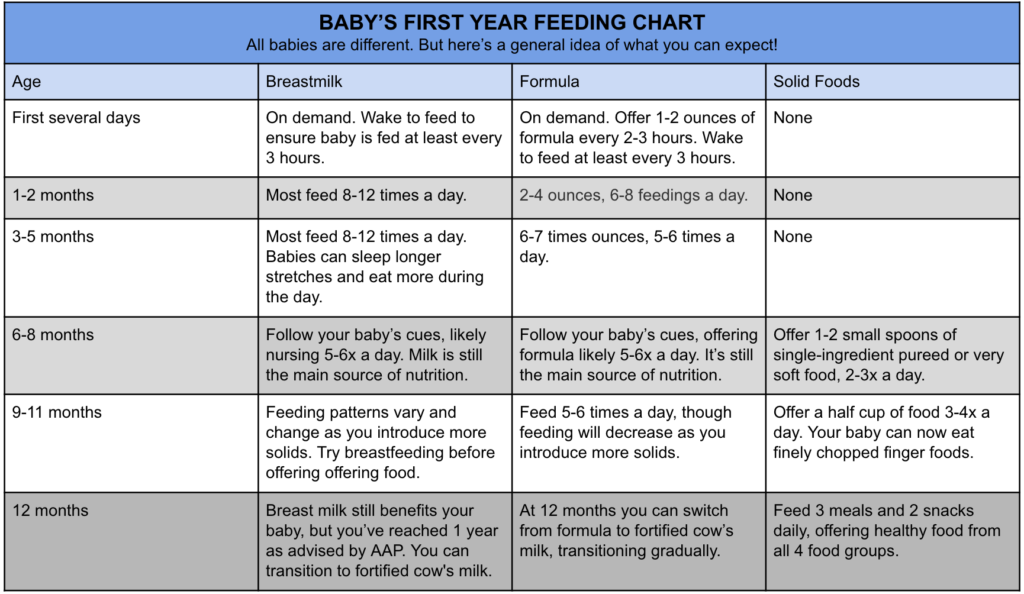
High Fat Foods and Fried Foods
Foods high in fat such as fried chicken, milkshakes, sauces, cakes, and other rich foods should be avoided when nursing. These foods worsen acid reflux and can cause weight gain because of high in calories.
Check out 5 ways to lose the postpartum belly here.
Red Meat
Red meat is high in acid and fat content that can cause reflux. Do you need to totally avoid red meat? No! Just consider substituting fatty cuts for leaner cuts of meat while you are breastfeeding your baby with reflux.
Processed Grain and Flour
Most of these foods are classified “junk food”. Some included are breads, hamburgers, cakes, cookies, and there are many more. Avoid these foods, they may cause reflux or gas for your nursing baby.
Look into making your own healthy breastfeeding snacks like these.
Garlic and Onions
Garlic and onions are known to cause heartburn or acid reflux in some people. Your baby may be one those people. So be careful consuming these when you are breastfeeding and test out eliminating this food if your newborn’s acid reflux persists.
Your baby may be one those people. So be careful consuming these when you are breastfeeding and test out eliminating this food if your newborn’s acid reflux persists.
Cruciferous Vegetable
Vegetables like broccoli, cauliflower and cabbage may cause gas in many breastfed babies which can lead to reflux for your baby. You may want to eliminate these as well if they effect your nursing baby.
Chocolate
Chocolates contain cocoa and theobromine, which are known to increase the acidity in the stomach. This is a hard one to give up, but you may have to forgo chocolate bars, hot chocolate, chocolate milk, and other chocolate products until after nursing if your baby is suffering from reflux.
Don’t worry, this time of having to watch what you eat does not last long. Generally by 6 months most babies out grow their digestive sensitivities to food you eat while breastfeeding and you can go back to a normal diet.
It is always best to consult your baby’s pediatrician if reflex continues.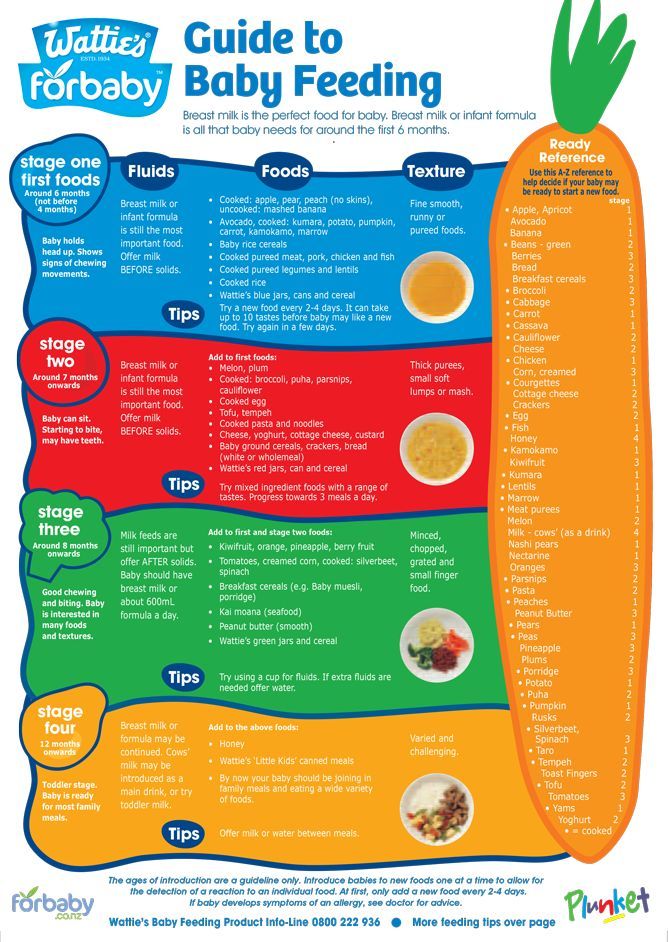 But changing your diet, controlling your weight, avoiding irritating foods, and generally taking care of yourself will in turn, keep your breastfeed baby healthy too.
But changing your diet, controlling your weight, avoiding irritating foods, and generally taking care of yourself will in turn, keep your breastfeed baby healthy too.
More Breastfeeding Resources
Here at Birth Eat Love our goal is to make healthy eating easier for busy Moms during postpartum and breastfeeding.
Homemade breastfeeding snack recipes – this ebook has some great recipes that are low in sugar and dairy free for boosting milk supply.
Wondering what foods you can eat that will help increase your milk supply? This post has 11 real foods that you can eat today to make more milk and includes recipes, supplements and product suggestions.
Do you have a colicky or super fussy breastfed baby? There are some foods you may be eating that could be making your baby uncomfortable. Read about a few foods to avoid while breastfeeding here.
Looking for breastfeeding recipes that can help support your milk production? Here are 9 breastfeeding soups that you can make in the slow cooker or instant pot.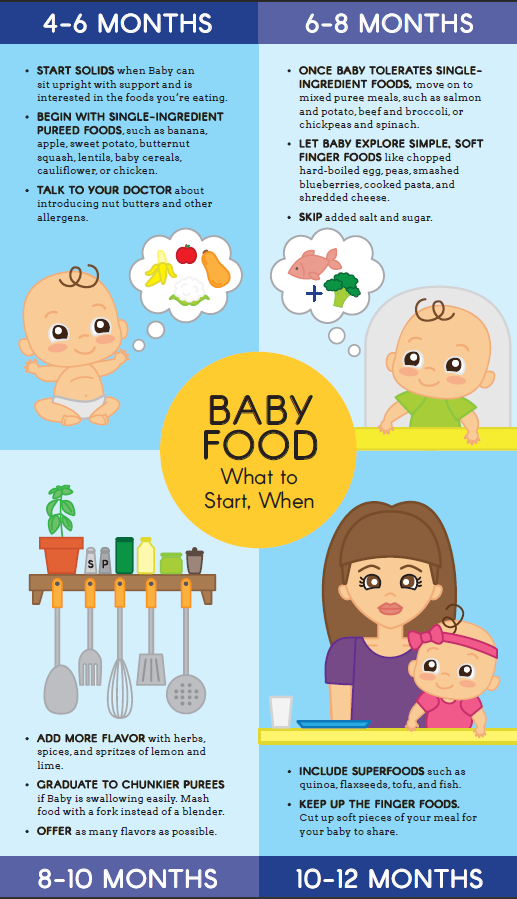
Interested in making freezer meals so you can have easy dinners? Check out this freezer meal ebook that has 12 recipes specifically designed to support breastfeeding and postpartum recovery.
Tired of trying to decide what to eat while breastfeeding? Reduce the thinking and stressing about meal time with this simple breastfeeding meal plan.
Trying to find a way to cope with the summer heat? Look no further with These refreshing iced teas
Sharing is caring!
- Share
GASTROESOPHAGEAL REFLUX: FROM NORM TO PATHOLOGY
If your child often suffers from acute respiratory diseases, it may be time for you, do not be surprised, to contact a gastroenterologist. Today we will talk about gastroesophageal reflux (GER) with Ph.D., head of the pediatric department of the Consultative and Diagnostic Center of the Children's Hospital No.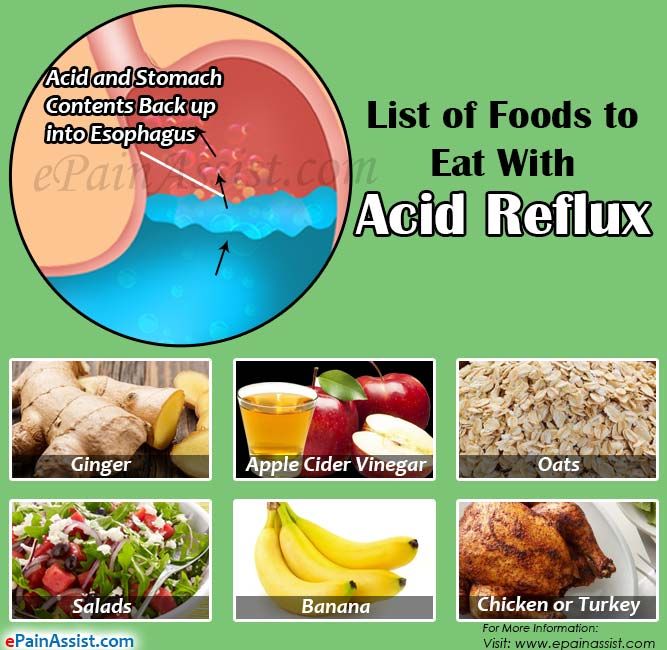 G.N. Speransky Elena Vladislavovna Vigurzhinskaya, who will tell you why it is impossible to give yogurt to a child at night, which children with GERD also need the treatment of a neurologist. nine0004
G.N. Speransky Elena Vladislavovna Vigurzhinskaya, who will tell you why it is impossible to give yogurt to a child at night, which children with GERD also need the treatment of a neurologist. nine0004
Gastroesophageal reflux, or GER, is the backflow of contents from the stomach into the esophagus. Curious fact: Symptoms of reflux in children under 7 years of age are associated with structural features of the upper gastrointestinal tract and the immaturity of the sphincter apparatus of the digestive system. Please note: Reflux in children under one year old is a regurgitation syndrome. Spitting up to a tablespoon after each feeding is a variant of the norm. If the baby spits up in a larger volume, sometimes not immediately after feeding, and at the same time begins to gain weight poorly, then in this case a correction is already required - there are therapeutic, anti-reflux mixtures for this (if the child is artificially fed). nine0003 Important: During the first months of a breastfed child's life, the mother must follow a strict hypoallergenic diet with a restriction of dairy, sweet foods and foods that increase gas formation: legumes, yeast bread, pastry, grapes, mushrooms, etc.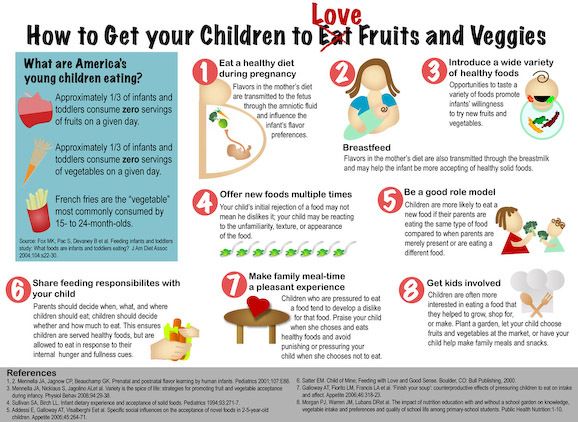 With increased gas formation, reflux in babies it intensifies and frequent regurgitation occurs.
With increased gas formation, reflux in babies it intensifies and frequent regurgitation occurs.
- In some children, over time, reflux becomes pathological and triggers a cascade of many other problems, including the child suffering from frequent, viral infections, ENT diseases - explains Elena Vladislavovna Vigurzhinskaya . - This happens because when gastric contents (gastric secretion or food bolus) are thrown into the esophagus and, possibly, into the oropharynx, the pH changes, the flora of the oral cavity is disturbed and local immunity decreases, and the child falls into the so-called group "often ill children". In older children, GER clinically manifests itself in the form of heartburn, belching (air and food) Parents may also experience bad breath
Important: Plaque on the teeth, geographical tongue, bad breath, frequent ENT pathologies, croup and obstructive bronchitis are a serious reason to seek advice from a gastroenterologist!
Interesting fact: In impulsive and emotional children, GER may be more pronounced.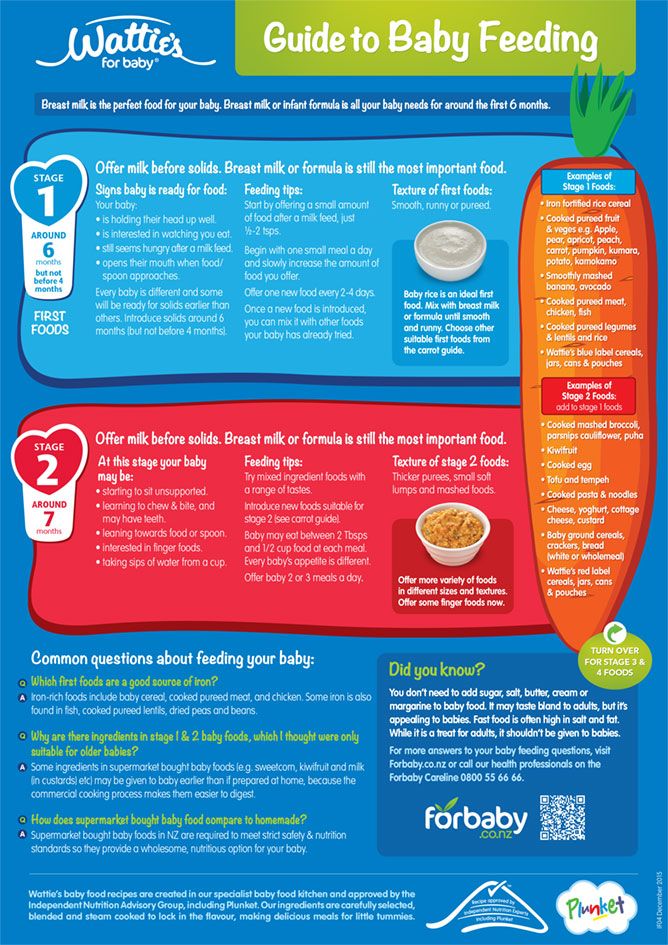 In this case, the child will fall into the hands of not only a gastroenterologist, but also a neurologist.
In this case, the child will fall into the hands of not only a gastroenterologist, but also a neurologist.
Factors contributing to the development of GER : anatomical features of the structure of the upper gastrointestinal tract in young children, morpho-functional immaturity of the sphincter apparatus, hereditary predisposition, stressful situations, great physical and psychological stress, violation of the daily routine, malnutrition. nine0005
– If you undergo treatment, adjust your diet and adjust your daily routine, then you can get rid of GER, says the head of the pediatric department. - Do not give your child sour foods at night. Previously, kefir was advised to children at bedtime, but this dairy product acidifies the stomach and acts aggressively. With reflux, we do not recommend acidic foods (and especially before bedtime) - yogurt, kefir, as well as juices, sour berries and fruits. You can drink fermented baked milk or eat neutral yogurt in the afternoon. But in general, I recommend limiting acidic foods, including dairy products. nine0005
But in general, I recommend limiting acidic foods, including dairy products. nine0005
How is GER detected? The specialist decides on an individual basis which test to order. First of all, taking an anamnesis: the doctor asks the parents about the child's complaints. Then, an ultrasound examination of the abdominal cavity is prescribed (strictly on an empty stomach, do not brush your teeth) with a water-siphon test. Fibrogastroduodenoscopy and a chest x-ray with barium may be prescribed.
Treatment of GER: Gastroenterologists prescribe prokinetics, antacids, proton pump inhibitors (drugs that reduce the production of hydrochloric acid by stomach cells)
. Important: Gastroesophageal reflux can be a symptom of Helicobacter pylori infection. Therefore, first of all, it is necessary to identify and remove the bacterium. Another possible cause of reflux is a gastrointestinal form of food allergy. Keeping a food diary will help parents understand what kind of “inedible” product the child’s stomach is trying to get rid of.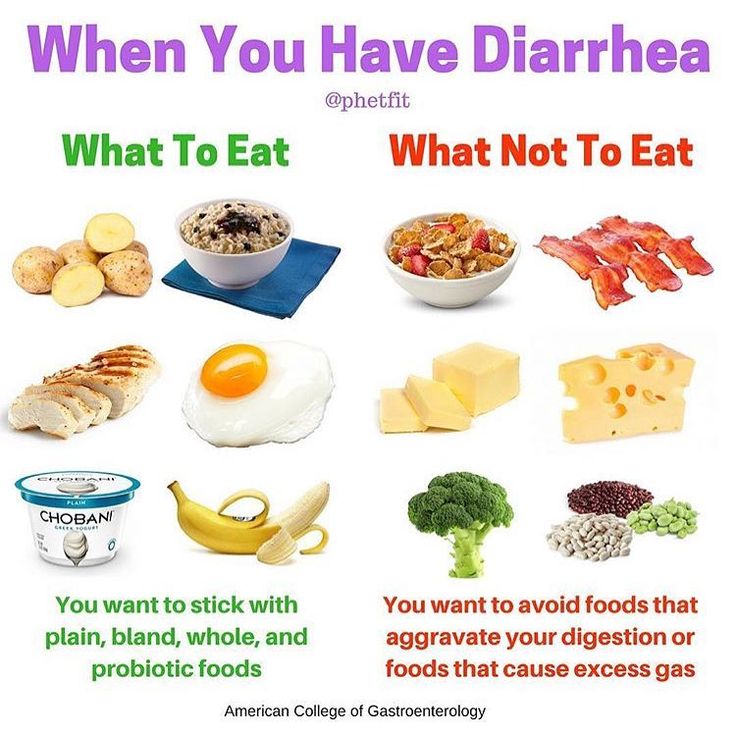
What happens if GER is not treated? It is possible to develop a chronic condition that can lead to inflammation, erosions and even ulcers in the esophagus, the replacement of normal cells in the esophagus by pathological ones. nine0005
- I repeat that a diet and a healthy daily routine must be maintained for life, - says the gastroenterologist. - The child needs fractional nutrition. You can not overeat, eat dry food, drink food best with water, weak tea, compote (pear, apple). It is also not recommended to go to bed on a full stomach. Chocolate and buns, alas, are banned.
What is absolutely forbidden for nursing mothers to eat and drink? - an article on the blog of the Health Center for Children in Moscow
Although the obstetrician during pregnancy usually warns the expectant mother what can be eaten while breastfeeding, not everyone pays enough attention to this and returns to the issue of when a child with a rash and colic does not lets parents sleep at night.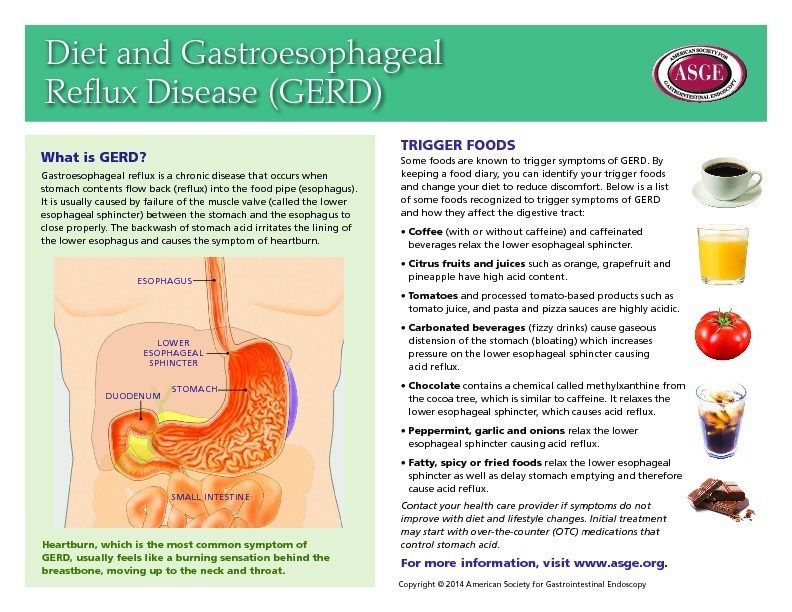 Let's figure out in detail what a nursing mother can eat
Let's figure out in detail what a nursing mother can eat
What is absolutely forbidden for breastfeeding mothers to eat and drink?
All products that a nursing woman consumes, to one degree or another, penetrate into breast milk. In order not to harm your child, it is important for mom to monitor her diet.
It is strictly forbidden for all breastfeeding women:
- drink alcohol and smoke, since alcohol and nicotine have a toxic effect on the child's body nine0063 drink strong tea and coffee, which stimulate the child's nervous system
- carbonated drinks, industrial juices (may contain colorants, flavors)
- eat onion, garlic, mustard, horseradish, vinegar (change the taste and smell of milk, may cause breast rejection)
- industrial semi-finished products, canned food, smoked meats, sausages
- products containing artificial preservatives, colors
- industrial confectionery containing large amounts of additives and preservatives, margarine.
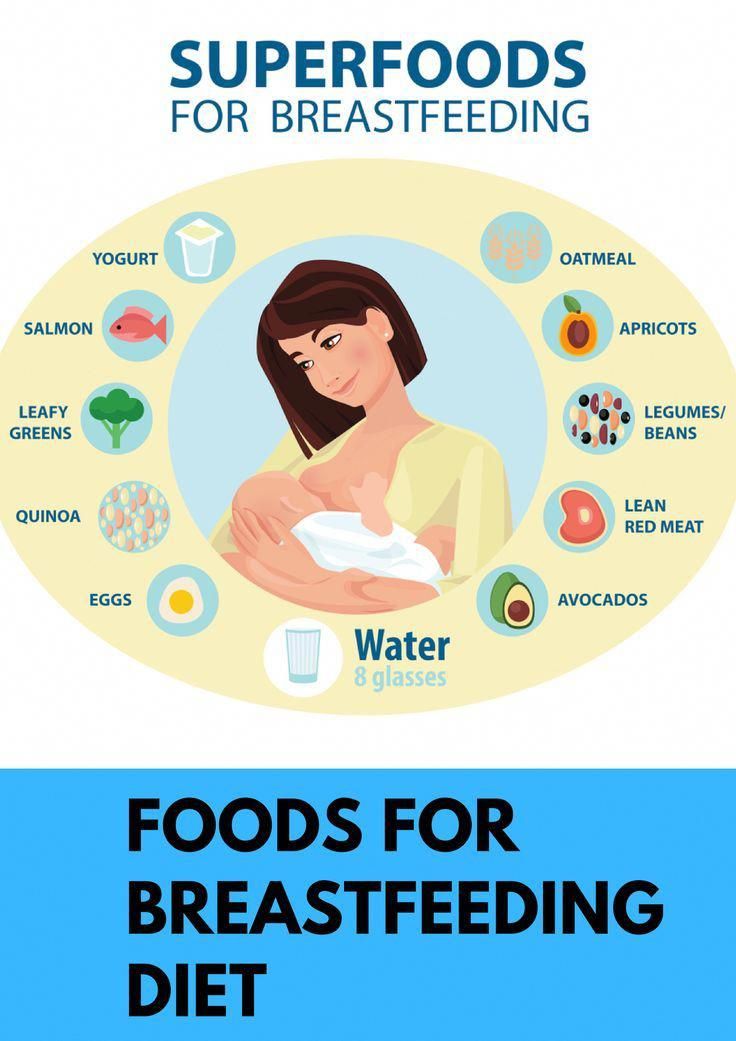 And in general, it is recommended to limit simple carbohydrates.
And in general, it is recommended to limit simple carbohydrates. - industrial sauces, mayonnaise, marinades, pickles
- highly allergenic foods: chocolate, honey, seafood, nuts; it is recommended to limit citrus fruits, strawberries, raspberries, tropical fruits (mango, papaya, pineapple, etc.), especially in the first months of a baby's life
- limit the intake of legumes, grapes, black bread (may lead to increased gas formation in the intestines of the child, especially in the first months of life)
- certain varieties of fish are excluded; shark, swordfish, mackerel, tuna (accumulate mercury), smoked, salted, dried fish. In the first months after childbirth, a woman can eat: from river fish - carp, carp, pike, pike perch; from sea blue whiting, hake, pollock, halibut. Red fish, as well as fatty varieties, are recommended from 3 months (flounder, mackerel, herring, pink salmon, salmon, trout)
- limit lard and fatty meats.
In general, a complete diet is recommended, which should include meat, fish, vegetables, fruits, dairy products, eggs, bread, cereals, vegetable oil and butter .



